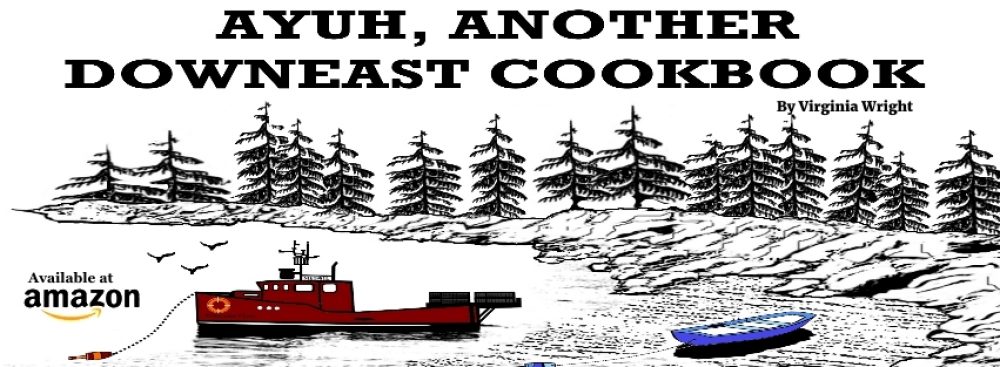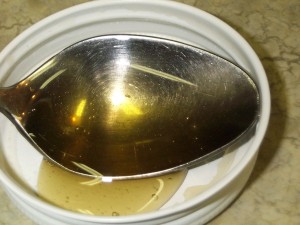 I’ve been asked more than once what makes me an authority on honeybees or the subject thereof? I have also been asked what makes me think I can write a book about honeybees? What are my qualifications? Well, I will start with telling you I am not an entomologist. But for those of you who don’t know the answer, I will brief you… before and while writing Buzzzzzzzz What Honeybees Do, we had many beehives in an apiary in Ohio where I lived on a 25-acre farm. Later in life, and when we lived in Maine for about four years, we had as few as one to two hives. I have been a natural beekeeper and photographer of the little buzzers for years– and am currently, an advocate, of our greatest pollinator and encourage beekeeping. Yes, Buzzzzzzzz What Honeybees Do, a nonfiction, was written by a beekeeper, me. The cover photo of Buzzzzzzz was also taken by an amateur photographer, beekeeper, and writer, me. I’m not proposing to be an authority or know everything about honeybees– but having been a beekeeper and photographer of honeybees for several years certainly gives me a qualifying factor for writing a book about honeybees, so that is what I did.
I’ve been asked more than once what makes me an authority on honeybees or the subject thereof? I have also been asked what makes me think I can write a book about honeybees? What are my qualifications? Well, I will start with telling you I am not an entomologist. But for those of you who don’t know the answer, I will brief you… before and while writing Buzzzzzzzz What Honeybees Do, we had many beehives in an apiary in Ohio where I lived on a 25-acre farm. Later in life, and when we lived in Maine for about four years, we had as few as one to two hives. I have been a natural beekeeper and photographer of the little buzzers for years– and am currently, an advocate, of our greatest pollinator and encourage beekeeping. Yes, Buzzzzzzzz What Honeybees Do, a nonfiction, was written by a beekeeper, me. The cover photo of Buzzzzzzz was also taken by an amateur photographer, beekeeper, and writer, me. I’m not proposing to be an authority or know everything about honeybees– but having been a beekeeper and photographer of honeybees for several years certainly gives me a qualifying factor for writing a book about honeybees, so that is what I did.
With that mystery behind us… you will see in the photo below and left, a swarm of honeybees that are about to get a new home. It was such an exciting day and always rewarding to get a swarm of honeybees in the wild. Behind
 the veil and white jumpsuit, you will find (me) getting ready to help capture this swarm of honeybees. :-) I’d much prefer to be behind the camera taking photographs of honeybees, but this day, I was asked to help get the swarm into their new home (beehive).
the veil and white jumpsuit, you will find (me) getting ready to help capture this swarm of honeybees. :-) I’d much prefer to be behind the camera taking photographs of honeybees, but this day, I was asked to help get the swarm into their new home (beehive).
If you would like to check out more of my nature photography visit my Instagram gallery.
To buy my books click here.
Radio Interview with Virginia Wright talking about Buzzzzzzzz What Honeybees Do, with Media Show Host, Don McCauley ( Don McCauley serves as host of a number of The Authors Show radio programs, a production created and produced by eBroadcastMedia.com).
https://virginiawright.com/blog/2010/12/author-interview-2/
-Virginia
http://www.amazon.com/author/virginiawright
In this photo, a honeybee swarm was arriving seeking a new home. I stood amongst the honeybees shooting photos without any protective gear.




